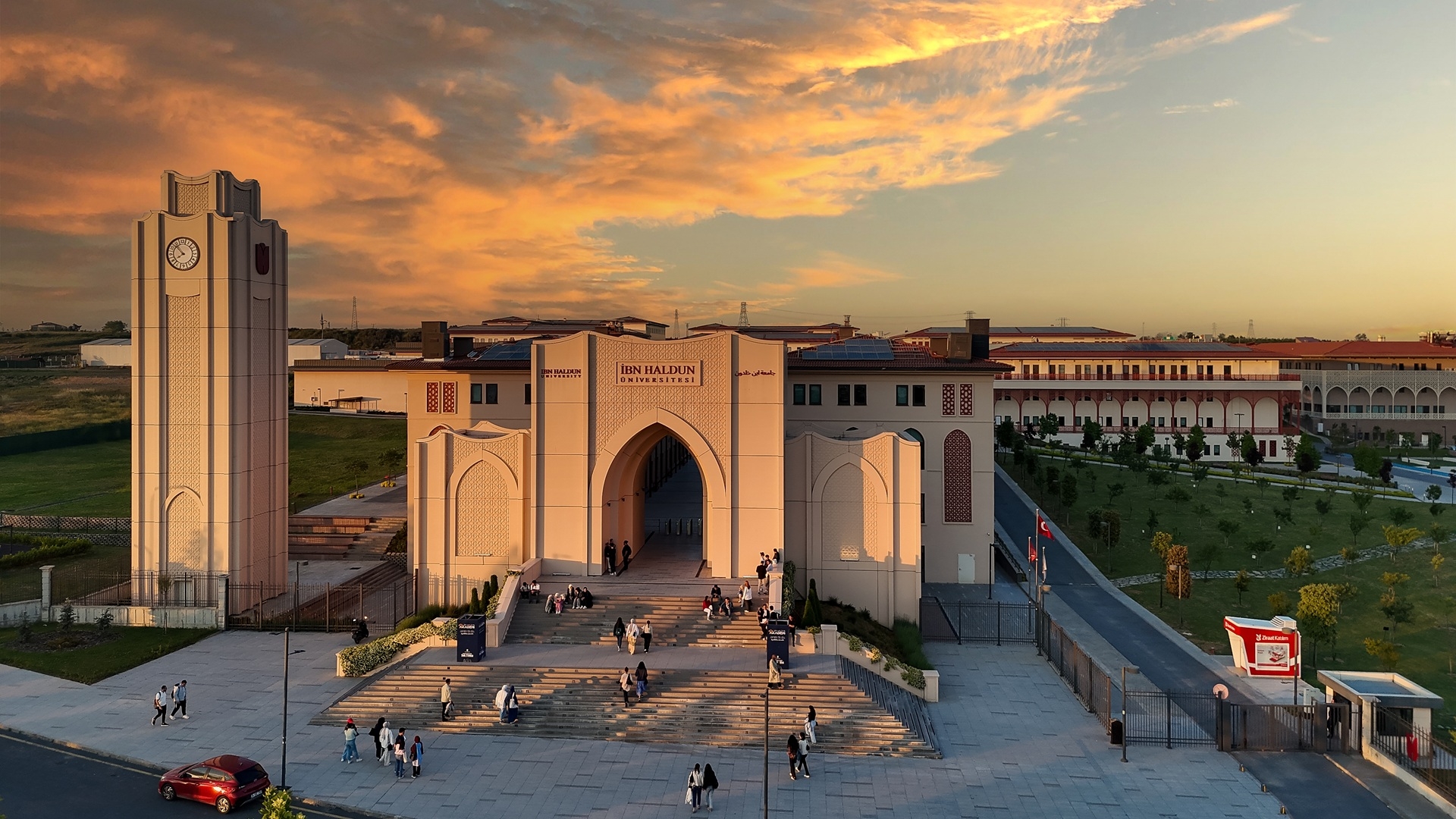


Industrial society tries to manage change, while the information society tries to manage the pace of change. The pace of change does not only demand an update in information technologies; it brings with it a total impact from the individual to the social sphere and institutions, from human psychology to habits. Rapid interactions on a global scale, differentiation between age groups, increasing mobility within and outside the country, increasing coexistence with differences, the need for continuous reform of institutions and the need for reinterpretation of values must also find a response in educational institutions and educational processes.
At this point, the determining factor of the future will be human resources with qualified education and high capacity, competence and skill levels. In our country, this human resource will be raised by educational institutions that, while reproducing their values in new contexts, make a competent analysis of change by drawing strength from the universal accumulation of humanity, constantly update their administrative processes as well as their educational processes in a way that is open to feedback, keep their organizational structure open to continuous improvement and development, pave the way, and care about the skills and competence of students rather than just transferring knowledge through innovative practices.
Ibn Haldun University is taking firm steps towards its goal of becoming one of the few well-established educational institutions with a strong and widespread impact in the future. In this direction, our main mission is to raise successful and happy people with qualified education, to produce research projects and publications with high impact value, and thus to prepare society for the future by contributing to the solution of today's problems.